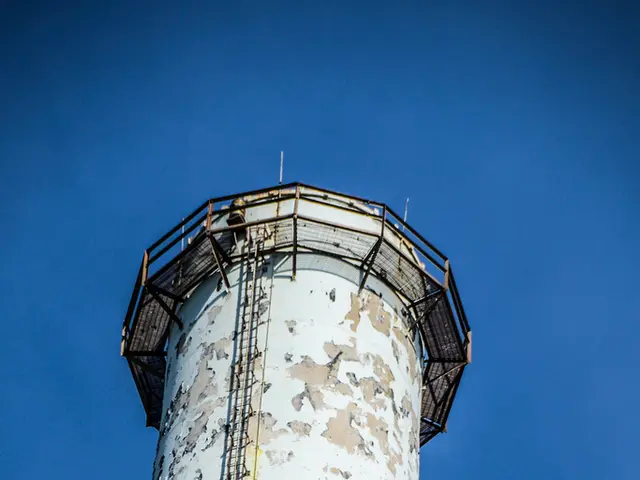White House Faces Legal Action from PBS Over Executive Decision to Withhold Funding
The Trump administration's recently announced executive order to withhold funding from public media institutions, such as PBS and NPR, has been met with legal challenge. PBS has filed a lawsuit alleging that the order constitutes a blatant form of viewpoint discrimination, claiming that the administration is targeting public broadcasters due to their perceived political stance, a move that raises grave concerns over free speech and government censorship.
PBS maintains that the withdrawal of funding not only threatens the diversity of programming available to the public but also jeopardizes the financial stability of many local stations. These stations often rely heavily on federal support, and a funding cut could have significant consequences on public broadcasting's ability to serve the American audience.
The White House justifies the executive order by asserting that the President is lawfully exercising his authority to limit funding to entities like PBS and NPR, accusing the Corporation for Public Broadcasting of partisan bias. However, these arguments have not eased concerns that such federal actions could infringe upon free expression and press independence.
Additionally, the funding cut is seen as part of a broader pattern by the Trump administration aimed at reshaping cultural and media institutions to align with its ideological preferences, sparking alarm over potential authoritarian overreach and attempts to stifle dissenting or diverse viewpoints through defunding and political pressure.
PBS' lawsuit emphasizes that regardless of any policy disagreements the administration may have over the role of public television, the Constitution and laws forbid the President from serving as the arbiter of the content of PBS' programming, including attempts to defund PBS.
The issue remains in the courts, reflecting broader debates on government funding and free speech rights under the Constitution. Meanwhile, NPR has also filed a lawsuit on similar grounds. The outcome of these lawsuits could shape the future of public media in the United States.
- The government's decision to withhold funding from public media institutions like PBS and NPR has raised concerns over free speech and government censorship in the realm of business and politics.
- PBS fears that the withdrawal of funding could have significant consequences on the financial stability of local television stations that rely heavily on federal support.
- Hollywood and California's entertainment industry, as well as general news and policy-and-legislation outlets, are closely monitoring this situation due to concerns about potential future targeting of institutions with perceived political stances.
- The White House's justification for the executive order, accusing public broadcasters of partisan bias, has not eased worries that such actions could infringe upon free expression and press independence, especially in the context of war-and-conflicts and cultural institutions.
- PBS argues that the President does not have the authority to serve as the arbiter of the content of PBS' programming, including attempts to defund PBS, citing the Constitution and laws.
- NPR has also filed a lawsuit on similar grounds, reflecting a broader debate on government funding and free speech rights in the United States, and the future of public media could be significantly affected by the outcomes of these legal challenges.







